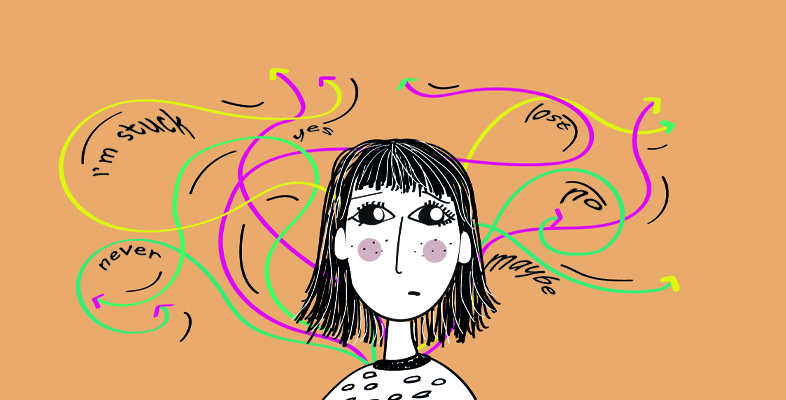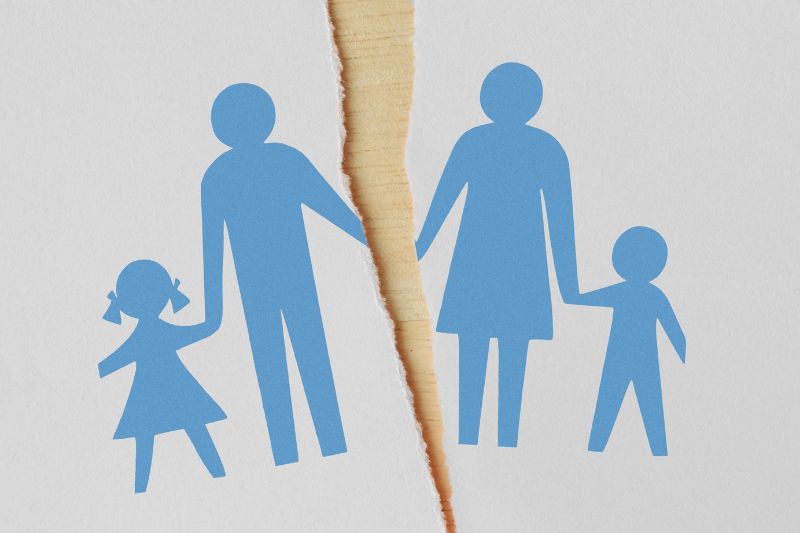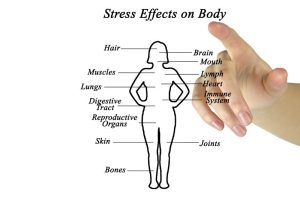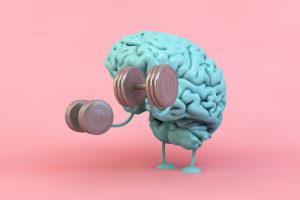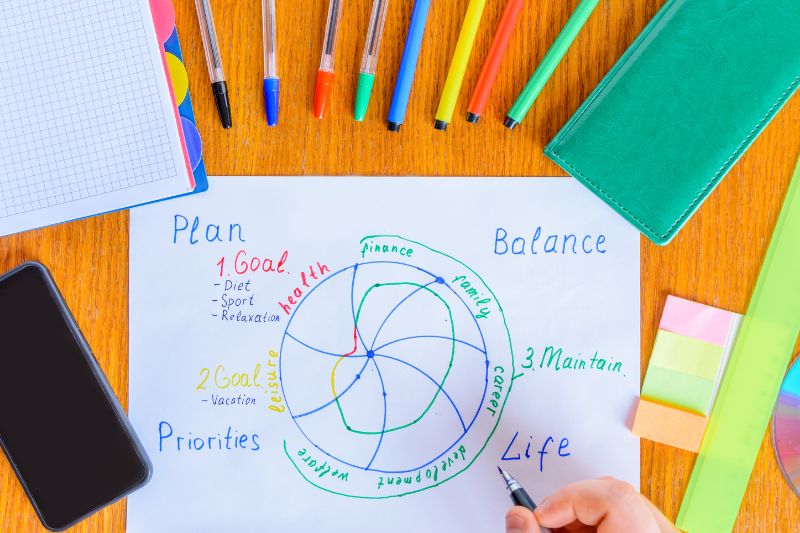 Dear Dr. Saline, my wife has ADHD and I do not. Sometimes it’s so frustrating and we argue more than either of us want to. Can you please offer some support for managing ADHD in couples? Sign-up for my newsletter + Free Handout | Ask Dr. Saline
Dear Dr. Saline, my wife has ADHD and I do not. Sometimes it’s so frustrating and we argue more than either of us want to. Can you please offer some support for managing ADHD in couples? Sign-up for my newsletter + Free Handout | Ask Dr. Saline
From Dr. Saline
Dear Brady, Thanks for asking this important question. Whether you have ADHD or your partner does as in your situation, there’s one thing for certain–the tasks of living whether they are fun or tedious can often seem overwhelming and unmanageable.
ADHD & Relationships
 Executive functioning skill challenges, learning disabilities, ASD, anxiety, or depression can add to the complexity of any relationship. Sometimes these challenges are met with humor, empathy, and compassion. Other times, they produce resentment, frustration, and blame. How can you and your partner live with ADHD more successfully while nurturing positive connections?
Executive functioning skill challenges, learning disabilities, ASD, anxiety, or depression can add to the complexity of any relationship. Sometimes these challenges are met with humor, empathy, and compassion. Other times, they produce resentment, frustration, and blame. How can you and your partner live with ADHD more successfully while nurturing positive connections?
Learn How to Work Together
 One of my colleagues shared with me an anecdote from a client whose husband and two kids had ADHD and she didn’t. She compared living with her family to being in a canoe going across a lake with a group of paddlers. Everybody is paddling but each person is doing their own thing and struggling to work together. The boat, instead of going straight to the other side, is going around in circles, moving to the left or moving to the right. She ends up doing most of the paddling herself to arrive safely at the dock. This may sound familiar and feel similar to your situation.
One of my colleagues shared with me an anecdote from a client whose husband and two kids had ADHD and she didn’t. She compared living with her family to being in a canoe going across a lake with a group of paddlers. Everybody is paddling but each person is doing their own thing and struggling to work together. The boat, instead of going straight to the other side, is going around in circles, moving to the left or moving to the right. She ends up doing most of the paddling herself to arrive safely at the dock. This may sound familiar and feel similar to your situation.
Forget About Fairness
 To live successfully in a relationship means forgetting about fairness. Focusing on equality leads a couple down a rocky path. It may seem that one person does more of the heavy lifting.
To live successfully in a relationship means forgetting about fairness. Focusing on equality leads a couple down a rocky path. It may seem that one person does more of the heavy lifting.
Whether or not it’s true, we all have roles to play in our partnerships and in our families. You need to learn how to negotiate what these are so that there’s flexibility and compromise instead of rigidity and contempt.
4 Ways to Have a Healthy Relationship
Healthy relationships are all about give and take, effective communication, and acceptance of the other person’s strengths and limitations.
1. Shift your attention to what will help
In partnerships, people have different skill sets. One person may be the organizer and motivation, and the other may be better at following lists, coming up with fun ideas, or recalling specific memories from five years ago. Instead of concentrating on fairness, shift your attention to what will help nurture your relationship, foster closeness and be useful in getting things done.
2. Break down tasks into manageable parts
When you make collaborative agreements with accountability plans and lean into each other’s strengths, you can create practical and reliable routines for living and being with each other. Break down tasks into manageable parts or delegate chores based on interest and capability. Instead of fairness being your goal, aim for effectiveness and equanimity. For example, I’m better at social planning, cooking, dealing with medical issues, reserving spaces to stay on vacations, and making sure we celebrate holidays, birthdays, and anniversaries. And my husband takes care of the garden, goes to the dump, manages structural house problems, and deals with airlines. Together, we take turns with the laundry, grocery shopping, and walking the dog.
3. Learn better tools for dealing with your own frustrations
Most couples have the same arguments over and over again. Whether it’s about money, who’s doing (or not doing) what, or how to parent the kids. People get caught up in (and sweat) the small stuff too often. When couples struggle like this and anger emerges all too often, they often focus on what the other person could do differently or better. This is a trap. You can’t control what anyone else does except yourself. So, learning better tools for dealing with your own frustration and emotional upset is what’s called for while understanding that emotional regulation is especially tough for ADHD brains.
4. Use my STAR method to manage intense feelings
Stop, Think, Act, and Recover are great tools to help you manage intense feelings. Why? Because you need to plan for those angry moments instead of winging them at the moment. In a calm moment, talk about what sets each of you off. Then pick one thing you would each like to do differently to respond to this trigger. Decide on a time period to cool off-anywhere from 20-40 minutes ensuring that the body has recalibrated from the burst of angry energy. Then come back together so each person can be accountable for some aspect of their behavior, words, or emotions. Discuss what the next right thing to do is and take that action. Give yourselves time and space to recover before trying to process what happened. Use “I” statements and reflective listening in those follow-up conversations.
In Conclusion
Lastly, many couples living with ADHD are so busy dealing with the pressures and responsibilities of daily life that they’ve lost track of what drew them together in the first place. Nurturing your positive connection is essential for growing your love. Find some time to remember what you like about one another. Take turns choosing an activity and mix things up by trying something new. Instead of going out to dinner again, try a whitewater rafting trip for the day, get food from a new restaurant and have a romantic picnic, be a tourist in your own town, or visit a new museum. Develop a shared interest such as playing tennis, dancing, or baking bread. Make time for intimacy. If you are not connecting positively, you will negatively. Anger and hostility also reflect a deep connection, just not a productive or pleasant one. If these activities are tough for you because there’s too much blame or resentment, I encourage you to seek counseling for more support.
Want to ask Dr. Saline a question? Click Here
Become A Member
Please become a member of my newsletter community. You can find support and resources and connect with a group that understands your questions and needs. Click here Follow me on social media: YouTube, Facebook, Twitter, and Instagram. Invite Me to Speak | Join A Group | Newsletter | Read my blog
Sign-up for my newsletter today and receive 10% off!

